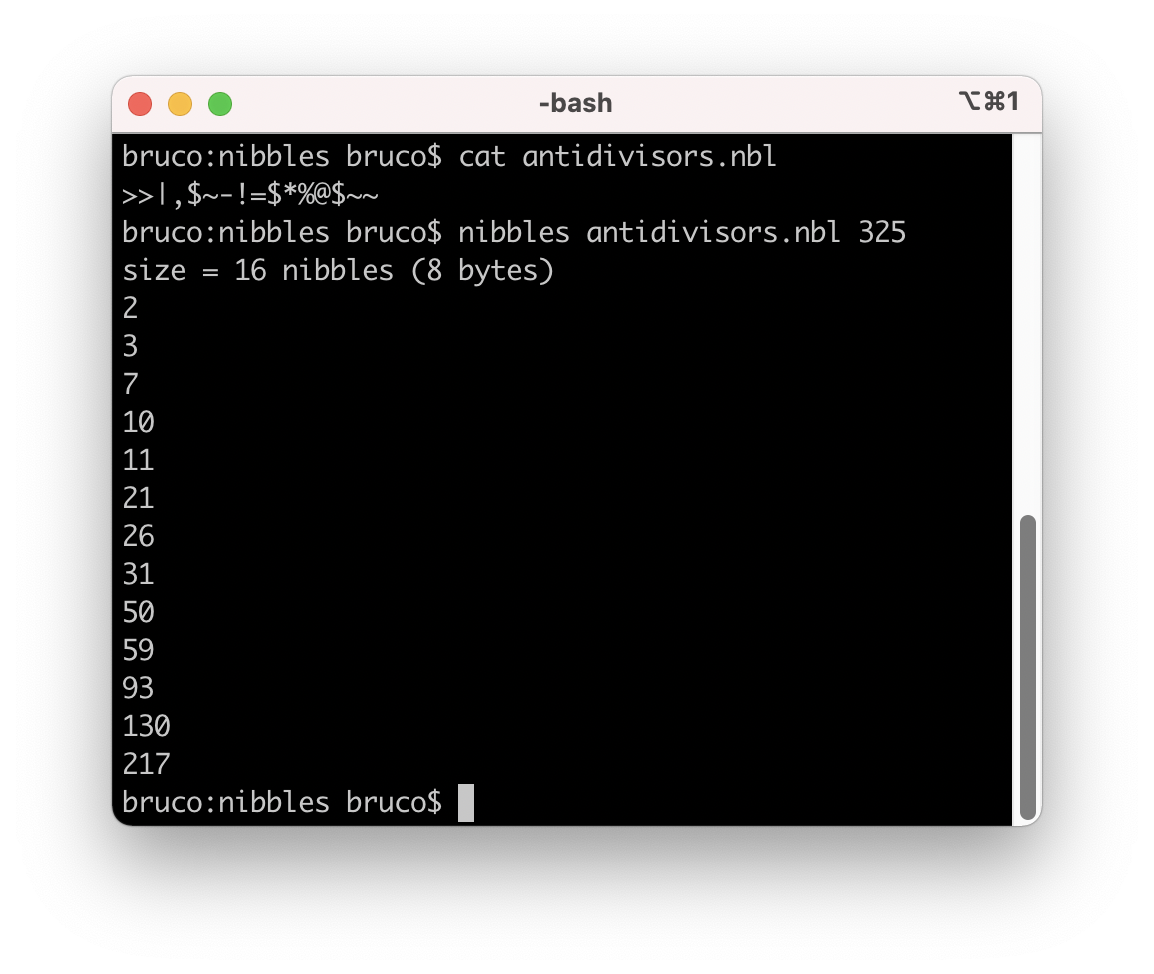Given a positive integer n, output all of its anti-divisors in any order.
From OEIS A006272:
Anti-divisors are the numbers that do not divide a number by the largest possible margin. E.g. 20 has anti-divisors 3, 8 and 13. An alternative name for anti-divisor is unbiased non-divisors.
In other words, 1 < m < n is an anti-divisor of n if either
mis even andn % m == m/2, ormis odd andn % mis equal to either(m-1)/2or(m+1)/2.
Notably, 1 is not an anti-divisor of any number because it does not satisfy the phrase "do not divide a number".
Standard code-golf rules apply. Shortest code in bytes wins.
Test cases
1 -> []
2 -> []
3 -> [2]
4 -> [3]
5 -> [2, 3]
6 -> [4]
7 -> [2, 3, 5]
8 -> [3, 5]
9 -> [2, 6]
10 -> [3, 4, 7]
18 -> [4, 5, 7, 12]
20 -> [3, 8, 13]
234 -> [4, 7, 12, 36, 52, 67, 156]
325 -> [2, 3, 7, 10, 11, 21, 26, 31, 50, 59, 93, 130, 217]

